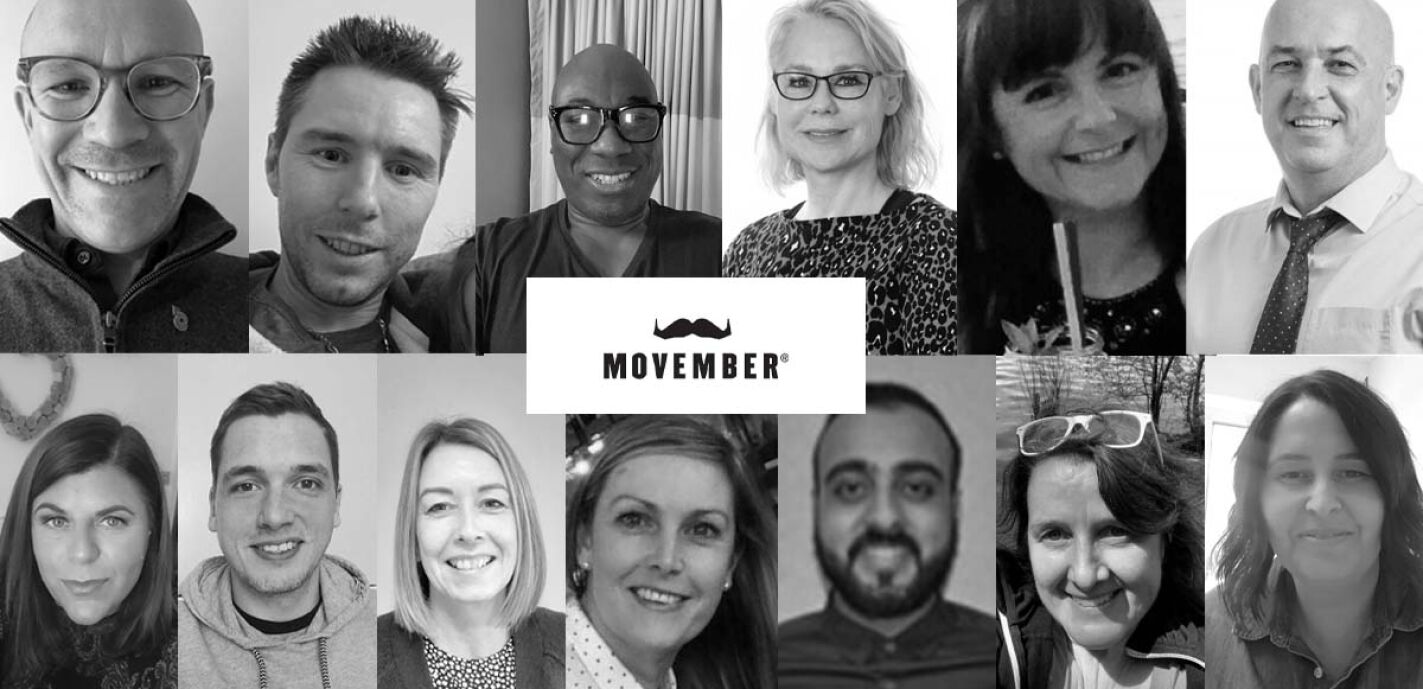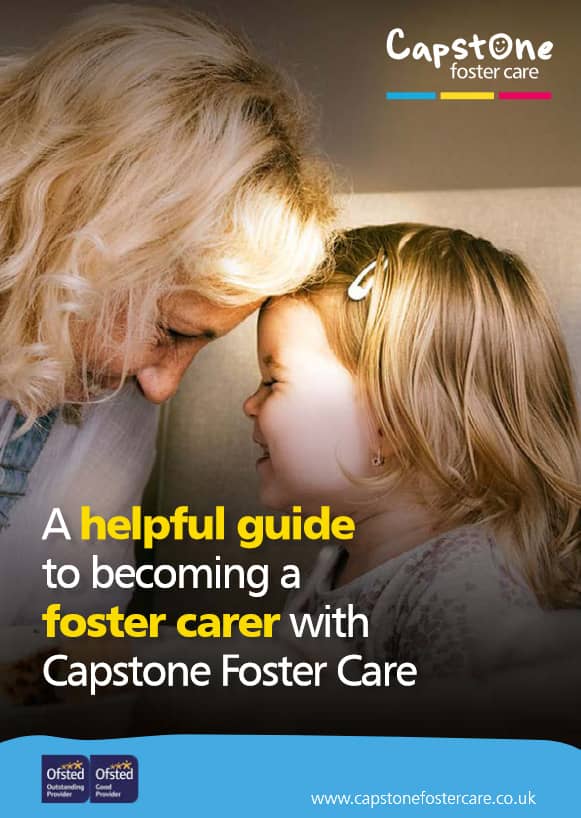


4th November, 2021
This year, we are taking part in Movember! At a recent carer forum our CEO, Peter was asked if we could do more to raise awareness of men’s mental health and wellbeing. Well, we can!
Men are often more reluctant to seek support when they need it, so we’re going to help make a difference this November by raising awareness and funds for Movember.
Movember is the leading men’s health charity which focuses on mental health and suicide prevention, prostate cancer and testicular cancer.
We have a team of Mo Bros and Mo Sisters, all ready to raise awareness and funds for Movember. Some are growing moustaches, some are running/walking 60km over the month of November and we even have one brave soul committing to 60 squats a day. You may be wondering why the figure 60? That’s because 60 men are lost to suicide worldwide every single hour. That’s one man every minute of every day.
You can donate to the team here.
Movember funds a number of projects and aims to reduce the amount of men lost to suicide by 25% by 2030. You can find the projects that they fund in the UK here.
What can WE do to help the men in our lives? Here is useful some information and links to support the prevention of suicide.
Movember's research shows that stronger social connections can reduce the risk of suicide for men. That means helping more men to talk about things that really matter. Those conversations don’t always come easy, but here is a great tool from Movember in starting and keeping conversations going.
It can be difficult spotting someone who is struggling. How many of us automatically reply with “I’m fine” when asked how we are? You can find some help from Movember here to spot a man who perhaps hasn’t quite been themselves lately.
Someone who is feeling suicidal might:
If you think that someone's life is in immediate danger, call 999. You can find links and information about support organisations for people in crisis here.
You may be able to help someone simply by being there. Opening conversations and offering a listening ear is often more powerful than people realise.
Here are Movember's four steps to helping someone who is struggling, to start talking (ALEC).
“You don’t seem yourself recently. Are you okay?”
Don’t be afraid to ask twice – it’s very easy to reply with “I’m fine” automatically.
You don't have to be a therapist to be able to listen. Helping someone isn't always about finding solutions either. When having a conversation, it's natural to want to talk about your own experiences too to show you relate, however for someone who needs help, actively listening can make the world of difference. Take a look at the SHUSH active listening technique from the Samaritans.
Encourage him to open up to others that he trusts too and help him to think about things that might improve his wellbeing. Is he eating properly, sleeping okay, exercising?
If he’s been feeling low for a while, encourage him to speak with his doctor.
Make sure he knows you care. Arrange another meet up, or time to call. You can get a feel for if he’s feeling better.
Here are five steps we can all take to help improve mental wellbeing.
Remember that often, when feeling low, taking that first step to action is the hardest.
If you’ve got any questions or would like to find out more about fostering with Capstone, fill out the form below.
An experienced fostering advisor from your local area will then be in touch.
By signing up, you will receive our latest fostering stories every two months.

Start the conversation today. Our team of friendly advisors are on hand to answer any foster care questions you may have. We can offer you honest and practical advice that can help you decide if becoming a foster carer is the right path for you.


